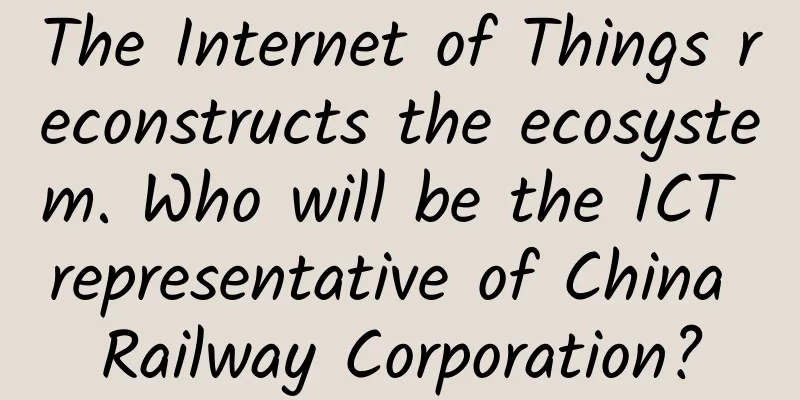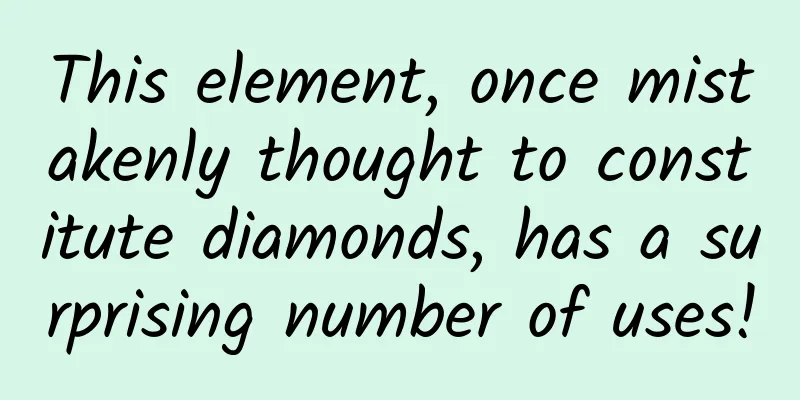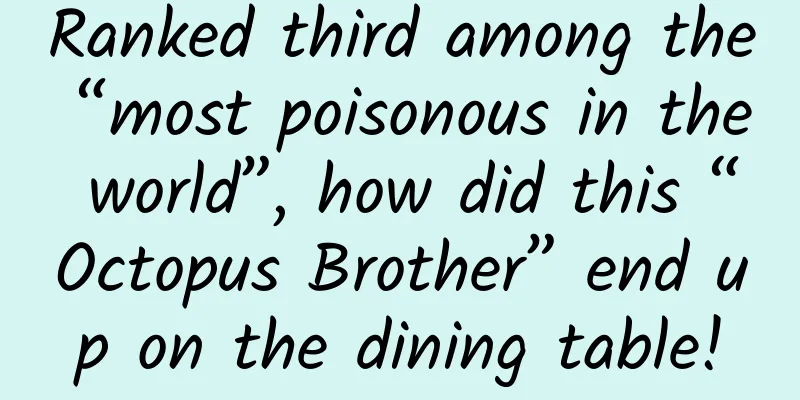How to fall in love with work again after returning from the New Year?

|
When you return to work after the holiday, Still like this? Anyway, as a senior worker, this is what I think Why do some people feel passionate and motivated about their work, while others just feel bored? These two opposite attitudes are largely related to your work motivation. Question What is work motivation? Work motivation refers to a series of internal and external forces that stimulate work-related behaviors and determine the form, direction, intensity and duration of these behaviors. Simply put, the reason why you do this work is related to how you do it and how much time and effort you are willing to spend on it. It affects work activities by affecting the ability of individuals to develop, the work and career they pursue, and the way individuals allocate resources (for example, attention, effort, time, human capital, social capital, etc.). The core influences of work motivation include three aspects: First of all, from the perspective of direction, it determines what we want to work hard on. We may be diligent in doing some things, but not in others. For example, if you are a programmer, you may be more willing to spend time writing code, but not participate in project training. Secondly, from the perspective of intensity, it determines how much energy we put into a task. For example, as an insurance salesperson, you may be more inclined to put a lot of energy into big customers and less energy into small customers. Finally, in terms of duration, work motivation also determines how long we can maintain our energy. For example, as a police officer, you may pursue a case that has never been solved for several years or even decades. Why do we love work and why do we choose to lie down? As the post-80s and post-90s generation gradually become the main force in the workplace, research has found that the new generation of employees pay more attention to self-perception and internal experience than the old generation of employees, emphasizing the fun and competence of work. Compared with external incentives, employees' intrinsic motivation is gradually occupying a more important position. (Photo source: veer photo gallery) What is intrinsic motivation? It is a kind of work motivation that is directed towards the work itself and can make participants gain emotional satisfaction and a sense of success. Intrinsic motivation occurs when we consciously and actively complete a task in the hope of gaining happiness rather than external rewards. Self-determination theory points out that the stimulation of our intrinsic motivation needs to meet the following three basic conditions: 1. Autonomy At work, I make my own choices and have control over my actions and their consequences. 2. Sense of competence Feel competent at the job and that I can do it and do it well. 3. The need for interpersonal relationships At work, I can feel the connection or link with others, that is, loving and being loved, caring and being cared for. When all three are satisfied, we will be more willing to complete the work. For example, Dr. Chen Long of Peking University learned from an interview with deliverymen that the important reason for deliverymen to choose this job is "freedom and satisfaction." Compared with assembly line jobs, in the work of deliverymen, they can choose the working hours and delivery routes, complete their work well and get along well with riders in the same area, and they don't need to please their superiors. (Image source: BBC NEWS) To give another example, entrepreneurs have stronger intrinsic motivation than the average employee. At work, they have a stronger sense of control over autonomy, competence, and relationships, which largely determines the goals and direction of their work. (Photo source: veer photo gallery) When we lack autonomy at work and our output and results are completely controlled by our leaders or customers; when the goals set by our leaders are unrealistic and we continue to receive negative feedback at work until we begin to doubt ourselves - "Am I not capable of achieving my job role goals?"; when we have relationship conflicts with our colleagues or leaders at work and are not accepted by other people in the team, our intrinsic motivation for work will be greatly reduced. If the causal relationship between the output of work results and the effort put in is too low, it will also lead to our "learned helplessness" at work. Specifically, when the results of work cannot be controlled by ourselves, when we give up at work (that is, "lying down"), or when we form an expected cognition about work that "all my autonomous actions cannot affect the results", it may lead to "learned helplessness" at work. In other words, no matter what I do, I can't meet the requirements, so why can't I just lie down and do nothing? It's not that I haven't tried, nor do I want to try, but the result is the same regardless of whether I try or not. Lying down is sometimes a helpless act. Wake up! If you don't regain your motivation, you won't be able to work. Although it is comfortable to "lie down", in the face of unavoidable work, the best strategy is to restore work motivation as soon as possible. So the question is, how to restore work motivation? Perhaps the following tips can help you. 1. Restoration of intrinsic motivation and reduction of learned helplessness At work, we should properly regulate negative emotions, accept ourselves, and reduce doubts. We should reduce our perfectionism and omnipotence tendencies, reduce our "addiction to recognition" from others, and do not equate achievements with our own values. In the organization, you influence the environment through your own behavior and expectations. You can make suggestions to the human resources department and superiors/supervisors to encourage the company or department to support employee autonomy. Start with simple tasks, increase your sense of control and predictability over your work, enhance your self-esteem and self-efficacy, and firmly believe that "I can complete my tasks well." Change your explanatory style for negative events at work. That is, the current predicament and bad things that happen are temporary rather than permanent (I am not completely screwed --> I am just too tired today), specific rather than universal (the work I do is useless --> the report I wrote this morning is not very useful), and external rather than internal (I can't do anything well --> I just had a bad day). 2. Have reasonable expectations for work Expectancy theory suggests that an individual's work motivation and satisfaction largely depend on the consistency between their inner desires, values and expectations and the conditions provided by the actual work. The higher the consistency, the higher the satisfaction and work motivation. Therefore, before accepting a job, we can first collect relevant cases done by predecessors. Note that the information of these cases should be as true, accurate and complete as possible, including positive and negative information. By analyzing and understanding these cases, we can adjust our corresponding expectations for this job. Reasonable expectations can maintain a relatively long-term work motivation. 3. Take adequate rest The resource depletion theory holds that individuals have limited cognitive resources. We act under the condition of limited resources, and in the process of action, resources may be depleted. Such depleted resources can be replenished through vacation, exercise, sleep, etc. The holiday that just passed was a good time to restore resources. I wonder if all my friends are full of energy? (Photo source: veer photo gallery) Finally, I hope everyone can find a job they love and face work and life with full energy in the new year! References: 1. Edward L. Deci, & Richard Frust. (2020). Intrinsic motivation: The power of self-control in life. Beijing: Machinery Industry Press 2. Chen Long. (2020). Labor order under “digital control”: a study of labor control of food delivery riders. Sociological Research, 6, 113-135. 3. Hou Xuanfang, & Lu Fucai. (2018). The impact of new generation work values and intrinsic motivation on work performance: the moderating effect of organizational culture. Management Review, 30(4), 157-168. 4. Martin Seligman. (2020). Learned helplessness. Beijing: China Renmin University Press 5.Baumeister, RF, Bratslavsky, E., Muraven, M., & Tice, DM (1998). Ego depletion: Is the active self a limited resource? Journal of Personality and Social Psychology, 74, 1252–1265. 6. Kanfer, R., Frese, M., & Johnson, RE (2017). Motivation related to work: A century of progress. Journal of Applied Psychology, 102(3), 338-355. 7. Van Eerde, W., & Thierry, H. (1996). Vroom's expectancy models and work-related criteria: A meta-analysis. Journal of Applied Psychology, 81, 575–586. Produced by: China Science Expo Please indicate the source when reprinting. Reproduction without authorization is prohibited. For matters concerning reproduction authorization, cooperation, and contribution, please contact [email protected] |
<<: The body has 4 signs of liver problems! Doctors remind you to change these three habits!
>>: Ketchup was once popular as a medicine for 20 years. Q: Does it come with French fries?
Recommend
Challenging the world's first, how can Honor Smart Screen Pro compete with Sony X8500G?
After declaring that it "will not engage in ...
Building a "space station" on Earth: A look at the first large scientific facility in my country's aerospace field
In an orbit more than 400 kilometers above the ea...
To meet this need, you can easily earn 300+ yuan a day by recording chats. Check out the Love Dialogue Mini App!
People should not be too lazy. I find that I don’...
16 industries, 29 cases, just read this article for information flow advertising!
The final effect of an advertisement is often det...
The shocking Pillars of Creation, what is happening there?
The Pillars of Creation refers to a part of the E...
How to grill elegantly: Why does the smoke always chase me?
Author: New Media Center of Institute of Physics,...
Ask the App Store Beginner's Guide Everything you need to know is here!
Since its debut at the "Mobvoi•Creation Day&...
Some comedians are born with it, and you just want to laugh when you see it!
It turns out that some comedians are born because...
Why is this brand the leader among the traditional TV companies that are experiencing a wave of transformation?
Smartphones are undoubtedly the most popular tech...
The conversion rate of bidding promotion is poor. Is it related to the landing page?
In order to test the waters, most partners simply...
What is news media outreach? What are the characteristics and advantages of news media marketing?
What is the news media? News media, also known as...
Why does sending voice messages on WeChat indicate low emotional intelligence and impoliteness?
Many people may have had this experience: when yo...
Netizens share tips on iPhone power saving: Extend battery life through system settings
For iPhone users, the battery life of the device ...
How do financial mini-programs work? How to promote financial WeChat mini-programs?
With the development of mobile Internet, finance ...









